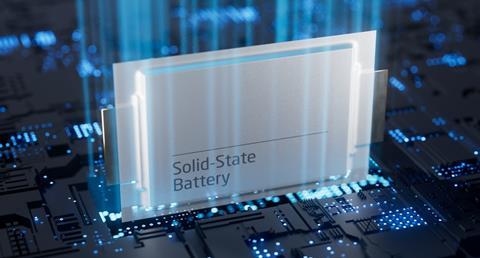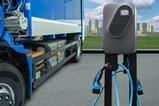Nissan has revealed intentions to begin scale manufacturing of solid-state batteries in 2028. Prior to that, a pilot manufacturing facility will be operational by 2025, with engineering work finished by 2026. The company’s vice president for R&D in Europe, David Moss, discussed the three primary benefits in a new interview with the British magazine Autocar.
Solid-state batteries, according to Moss, will treble charging speeds, reaching up to 400kW. Furthermore, Nissan intends to increase the energy density while cutting production costs in half when compared to current lithium-ion batteries. Engineers in Japan have built 10-centimeter square cells in partnership with experts at the University of Oxford at this level of development.

Nissan is developing all-solid-state batteries, which will eliminate all liquid materials. According to Moss, the manufacturer presently has the advantage when it comes to removing the liquid electrolyte. Keeping it would be detrimental to energy transfer and electricity generation. He went on to say that employing the new technology will make electric pick-up trucks and SUVs more realistic.
Nissan’s pursuit of solid-state batteries does not mean it has abandoned lithium-ion batteries, since Moss believes the two will coexist for some time. A new generation of lithium-ion batteries will be available in the middle of the decade, with a cobalt-free battery following around 2028. The latter generation is expected to reduce prices by up to 65 percent when compared to current batteries.
Although Nissan speaks here about cars and larger passenger vehicles, the development and establishment of solid state batteries in the market will impact battery electric truck developments. Solid-state batteries are expected to have a significant impact on the decarbonisation of heavy commercial vehicles, offering faster charging speeds, higher energy density and thereby weight for the same range, and reduced production costs compared to traditional lithium-ion batteries.


















